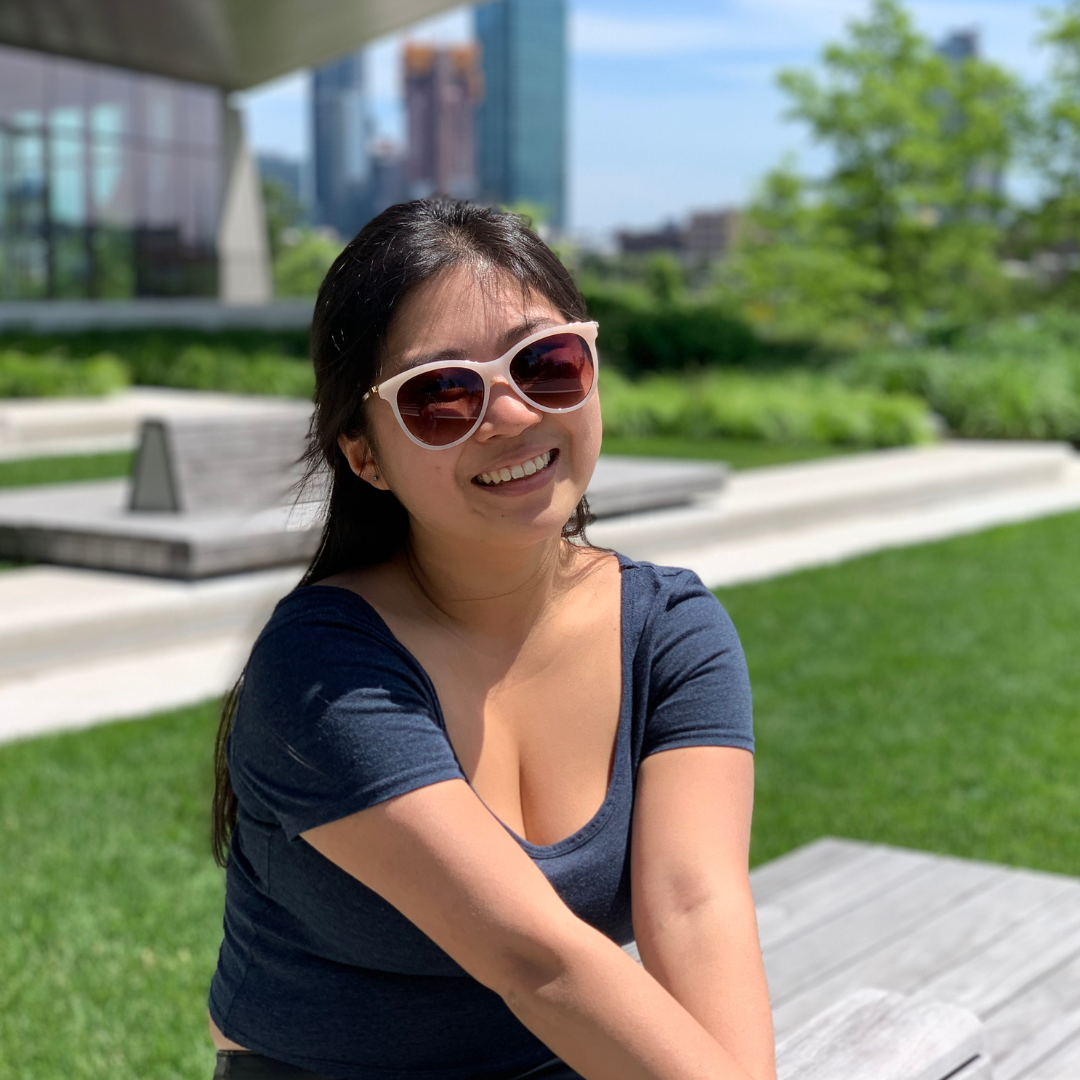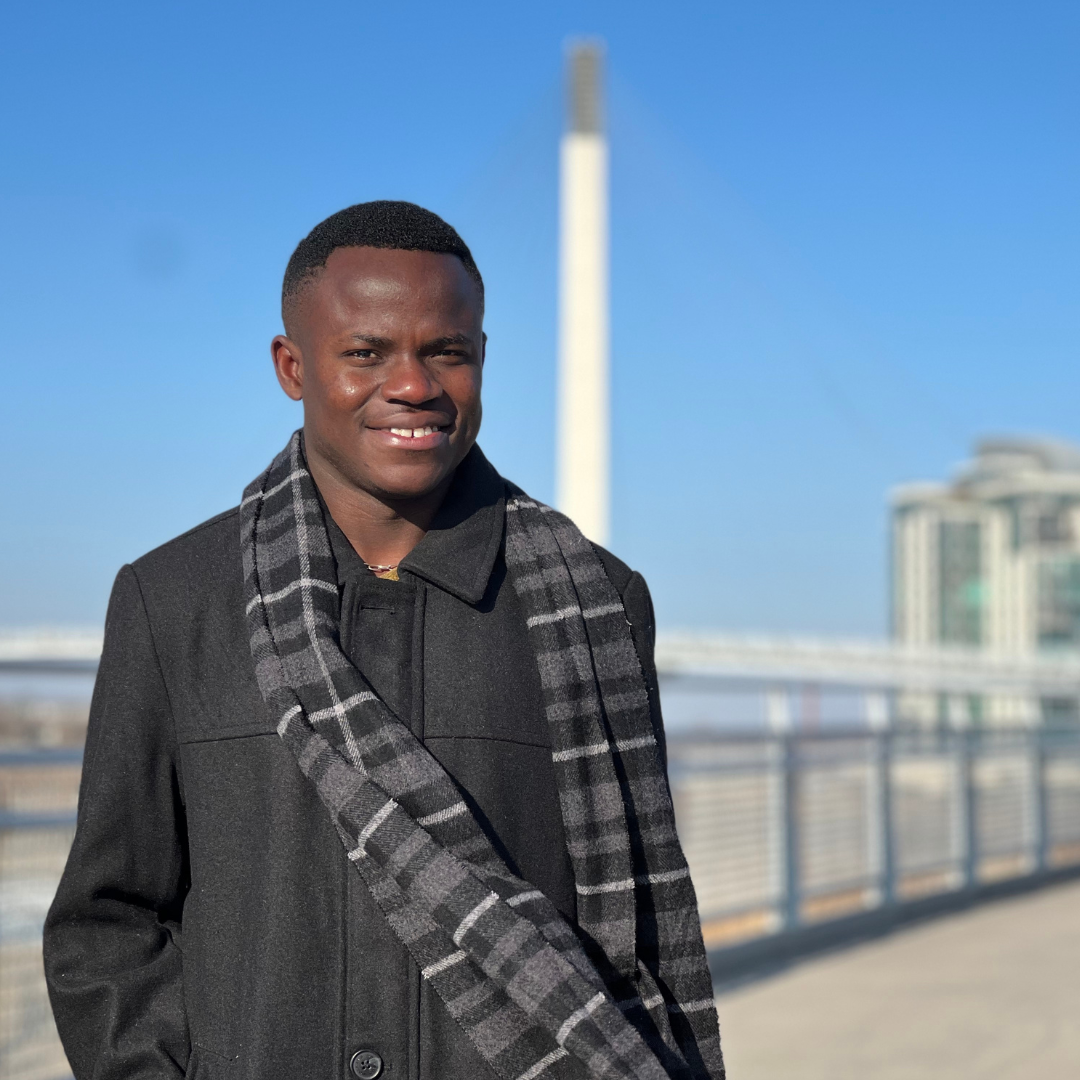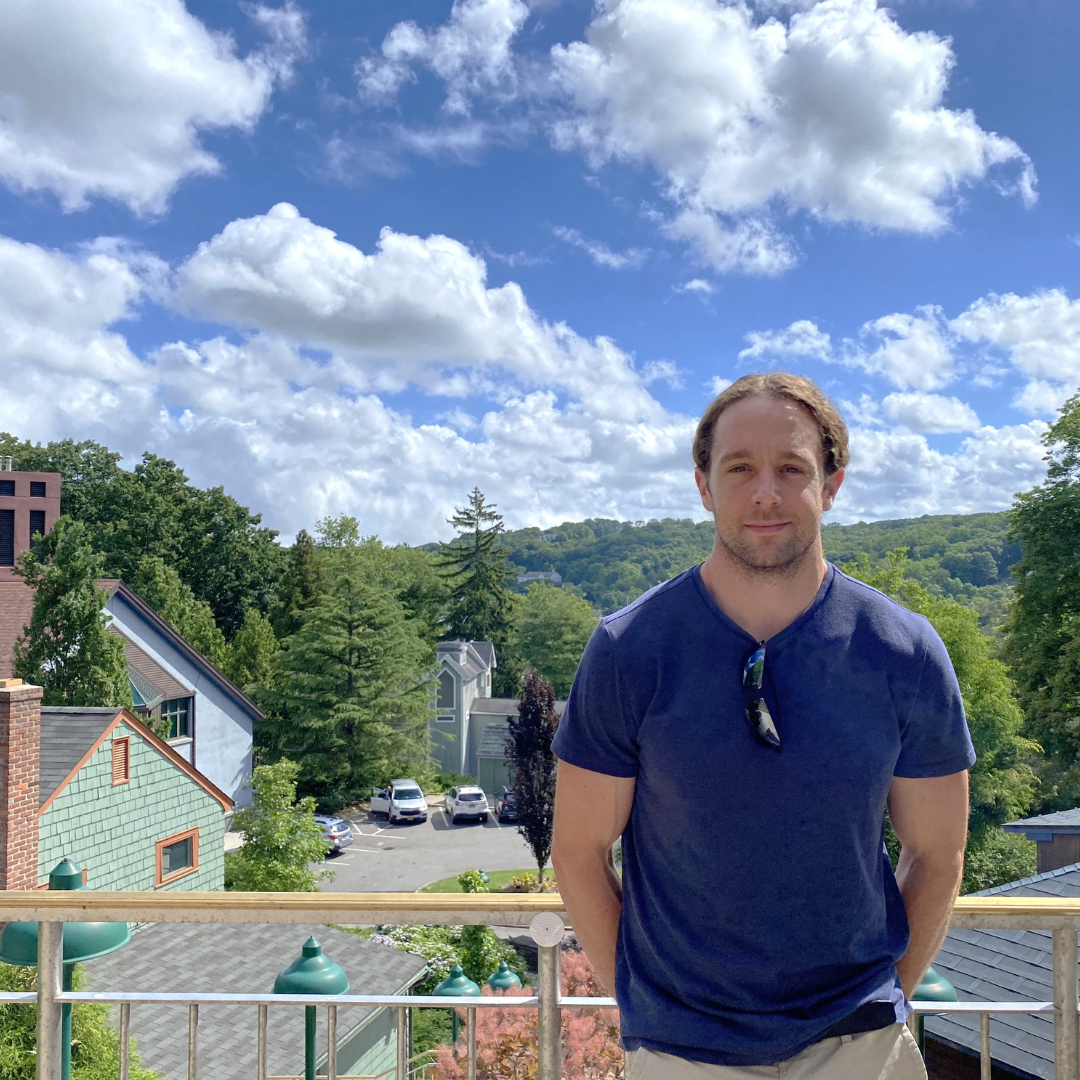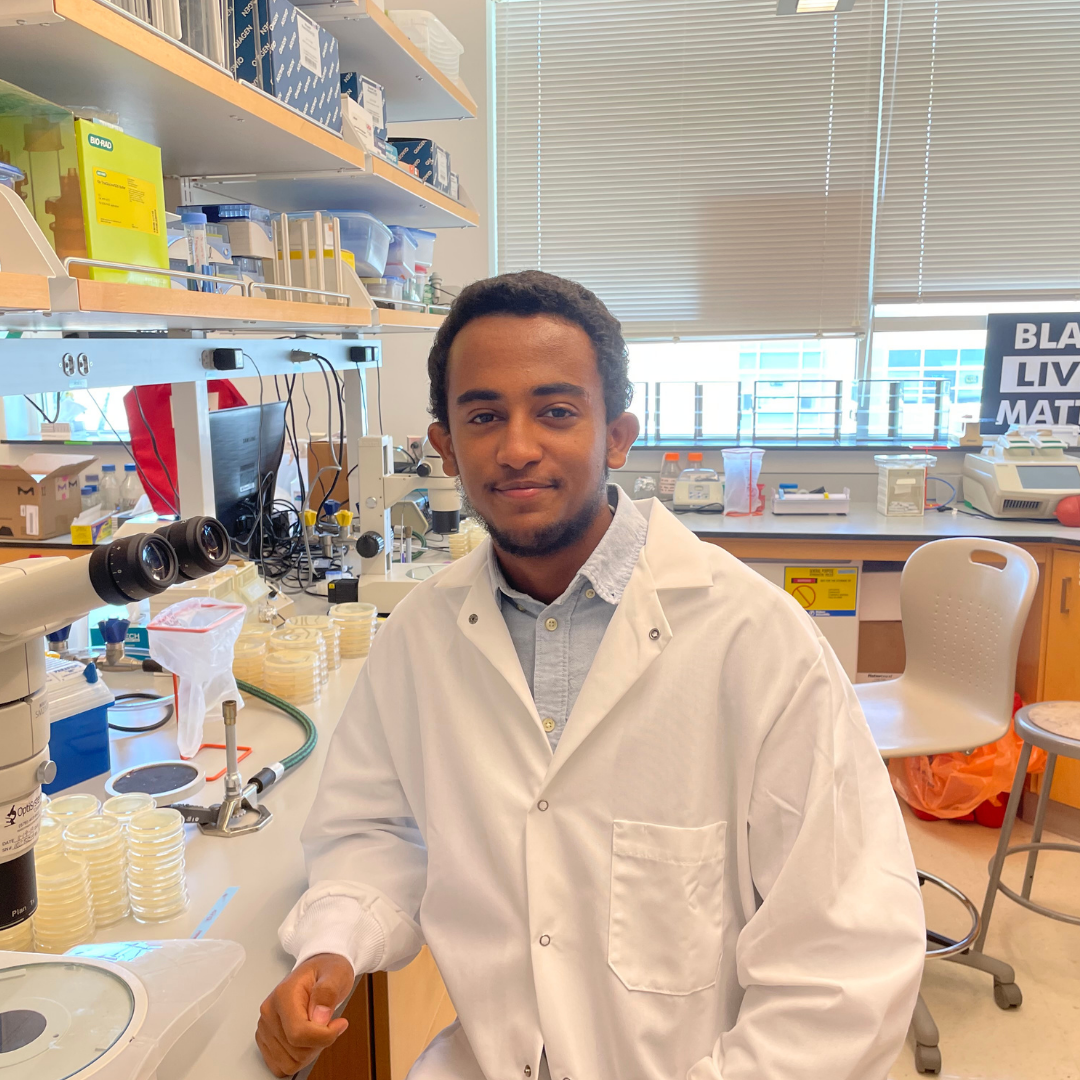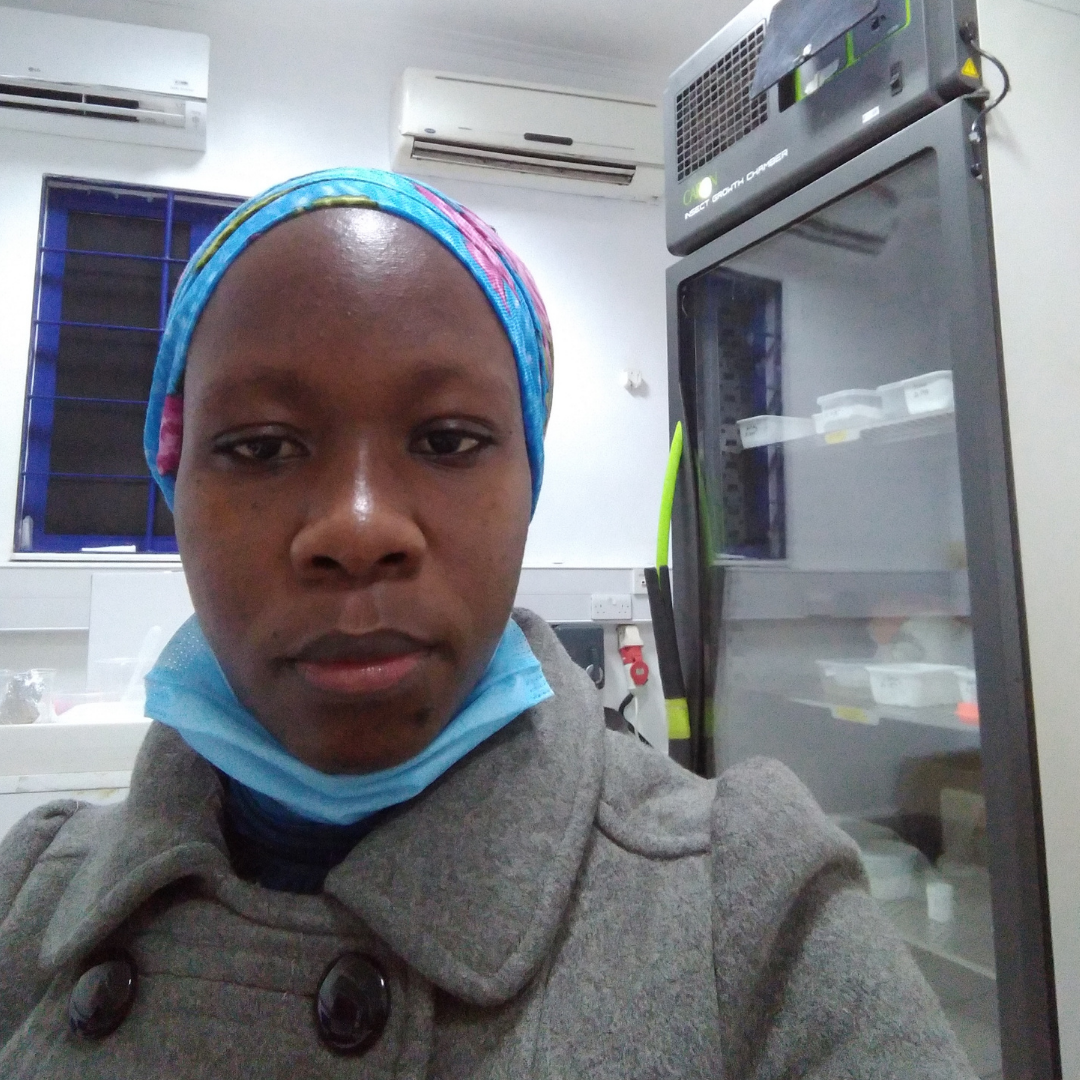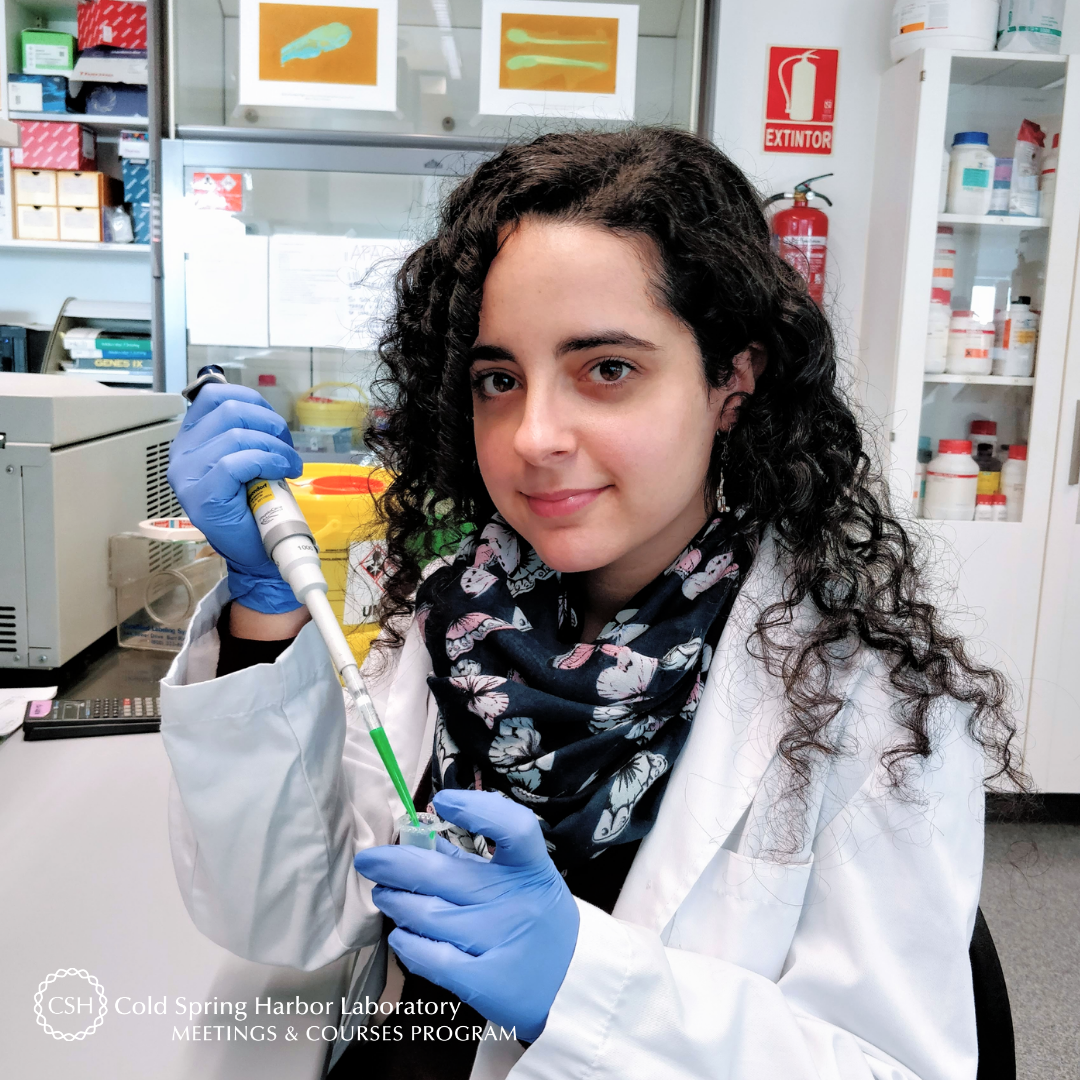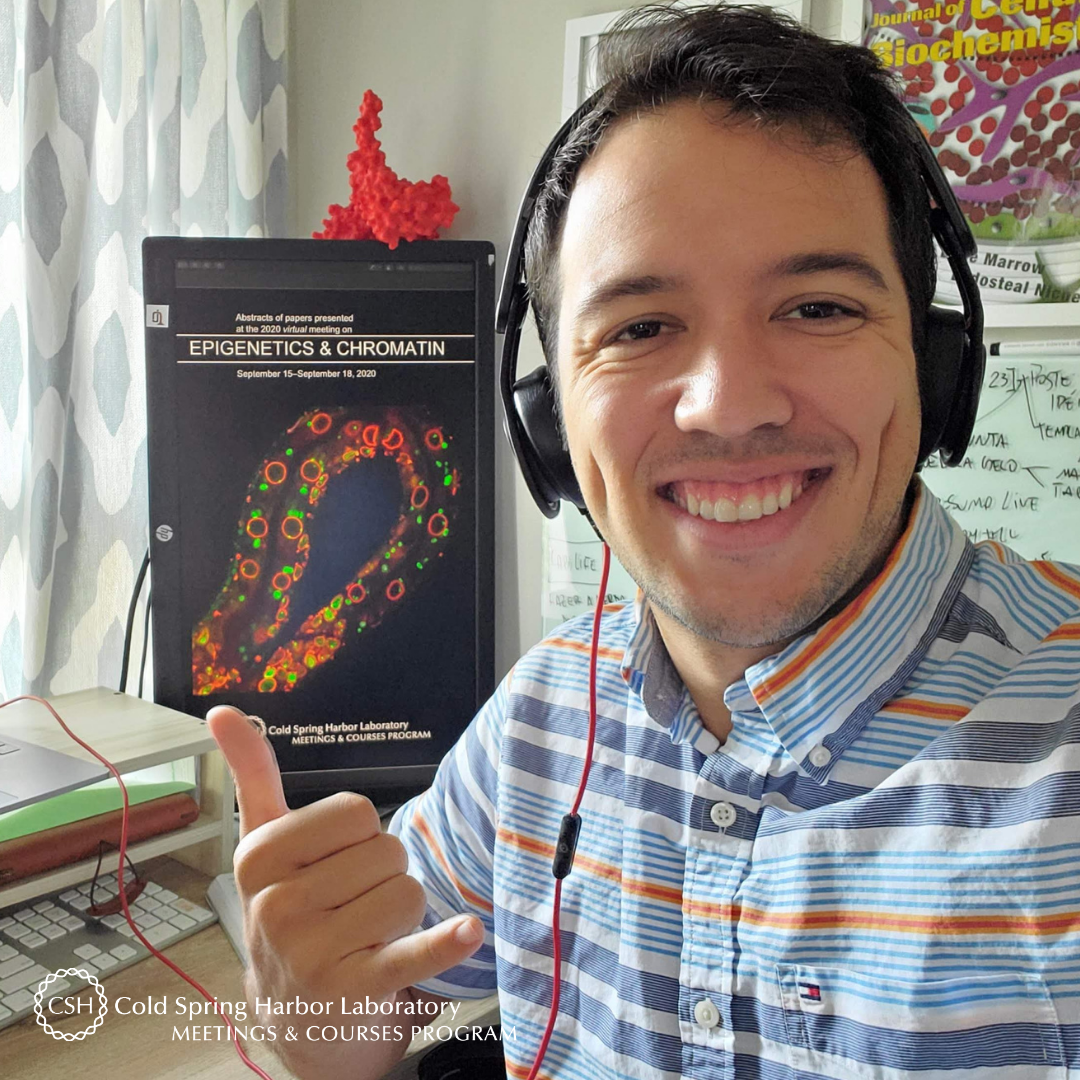
Meet Danielle Roush of the University of North Dakota! Danielle is a Ph.D. student in Dr. Turk Rhen’s lab, and she just took part in her first meeting at CSHL: Translational Control. Danielle will “return” for the Germ Cells virtual meeting later this month.
Tell us about your research.
My dissertation research focuses on the population and evolutionary genomics of temperature-dependent sex determination (TSD) using the common snapping turtle (Chelydra serpentina) as a model.
How did you decide to focus on this area/project?
My interest in sex determination started with an undergraduate research project, while genetics and genomics were favorite topics of mine from the first time I learned about them. I like that genomics allows me to approach the mechanisms of sex determination from a broad perspective.
What and/or who is the inspiration behind your scientific journey?
I have wanted to be a scientist for as long as I can remember. I was fascinated by my early biology classes and the idea that there is always more to know. I value the ability to continue learning at every stage of my career, and scientific research offers endless opportunities to do so. Every discovery leads to more questions. I am also excited by the opportunity to contribute to the ever-growing body of scientific knowledge. I like the idea that sharing research might benefit multiple projects in unexpected ways.
What impact do you hope to make through your work?
I am hoping to add to the understanding of the mechanisms of TSD and the processes involved in sex determination in general.
What do you love most about being a researcher?
I love learning new things. Being a researcher lets me explore the process of learning, figuring out which questions to ask, which problems need solving. I like the flexibility of being able to alter one’s research path as questions (or interests!) change.
What drew you to attend this meeting?
I really appreciated the breadth of material covered in the sessions, and the wide variety of researchers presenting even within each session. While my work focuses primarily on genomics, this meeting offered a great opportunity for me to learn about a range of topics related to translational control, and I always appreciate the chance to learn about systems that relate to and play a role in my research.
What is your key takeaway from the Meeting; and how do you plan to apply it to your work?
The meeting reinforced the importance of interdisciplinary research and really highlighted the need to continue using an interdisciplinary approach to my research.
What feedback or advice would you share with someone considering to participate in this meeting?
In addition to presentations and posters directly related to your work, seek out those that might only be tangentially related, or even those that seem unrelated but interesting. Take notes so you can look up interesting topics or methods, and don’t be afraid to ask questions.
What’s the most memorable thing that happened during the Meeting?
This was my first virtual meeting, and I really appreciated how the remote presentation was handled. The chairs were patient and helpful and did a very good job of contextualizing the panels and speakers. The speakers themselves handled the remote format very well (time zones, technical difficulties) and still conveyed their passion and excitement for their work. It was a pleasure to take part in a meeting that was so welcoming and enthusiastic.
Thank you to Danielle for being this week's featured visitor. To meet other featured researchers - and discover the wide range of science that takes part in a CSHL meeting or course - go here.
Image provided by Danielle Roush
